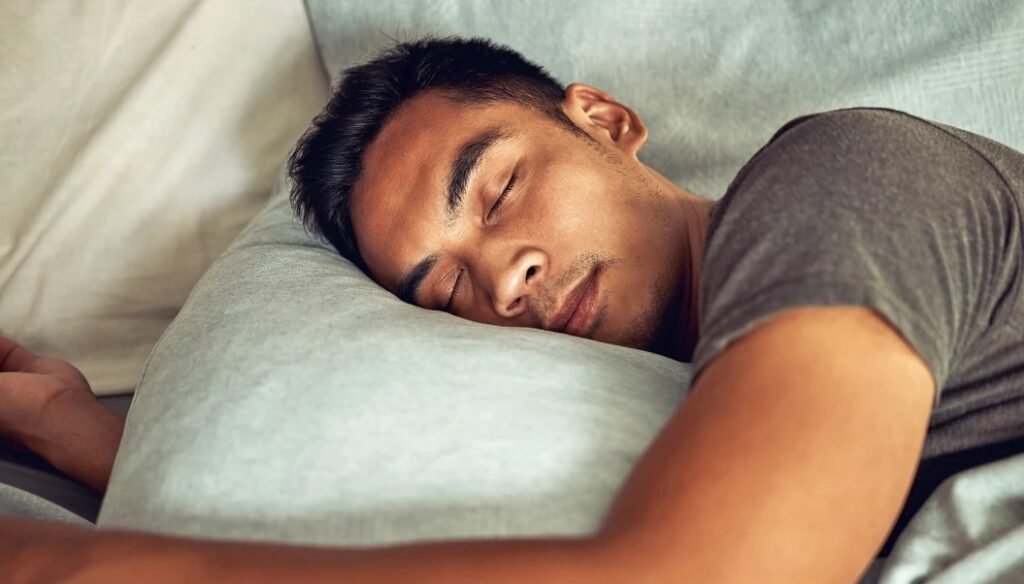Achieving optimal rest and recovery is essential for maintaining a healthy lifestyle. Sleep plays a crucial role in this process, serving as a foundation for physical and mental rejuvenation. An environment that promotes quality sleep is necessary for athletes and those engaged in demanding physical activities, as it directly influences performance, recovery rates, and overall well-being. Understanding the science behind sleep and implementing practices that enhance its quality is pivotal in maximizing recovery efforts.
The Science of Sleep
Understanding Sleep Cycles
Sleep is not merely a time for rest; it is a complex physiological process characterized by various stages that contribute to restorative functions. Each night, we progress through different sleep cycles, primarily divided into Rapid Eye Movement (REM) and Non-Rapid Eye Movement (NREM) sleep. NREM sleep consists of three stages—N1, N2, and N3—each with distinct functions. While N1 and N2 allow for light sleep and transition, N3, known as deep sleep, is critical for physical recovery and growth. REM sleep, on the other hand, is essential for cognitive functions, including memory consolidation and mood regulation.
The Role of Sleep in Recovery
Quality sleep significantly contributes to the body’s recovery mechanism. During deep sleep, the body releases growth hormone, which aids in muscle repair and tissue growth. Furthermore, adequate sleep has been shown to lower levels of cortisol, the stress hormone, which, when elevated, can hinder recovery and lead to fatigue. Thus, understanding and prioritizing our sleep patterns is integral to enhancing recovery.
Factors Affecting Sleep Quality
Lifestyle Choices
Several lifestyle choices can impact sleep quality. Diet, physical activity, and stress management all play significant roles in dictating how well we sleep. Consuming caffeine or heavy meals close to bedtime can disrupt the sleep cycle, while regular exercise has been linked to improved sleep quality. Moreover, stress and anxiety can lead to restless nights, underscoring the importance of incorporating relaxation techniques into daily routines.
Sleep Environment
Creating an optimal sleep environment is equally important for ensuring quality rest. Factors such as room temperature, noise levels, and light intensity can significantly impact our ability to fall and remain asleep. A cool, dark, and quiet room is generally conducive to better sleep. Investing in a comfortable mattress and pillows tailored to your sleeping preferences can further enhance your sleep experience.
Tips for Improving Sleep Quality
Establish a Sleep Routine
One of the most effective ways to improve sleep quality is to establish a consistent sleep routine. Going to bed and waking up at the same time each day helps regulate the body’s internal clock, making it easier to fall asleep and wake up refreshed. This consistency can also help reinforce natural sleep rhythms, enhancing overall sleep quality.
Limit Screen Time Before Bed
The blue light emitted by smartphones, tablets, and computers can interfere with the body’s ability to produce melatonin, the hormone responsible for regulating sleep. To combat this issue, it is advisable to limit screen time to at least an hour before bed. Instead, consider engaging in calming activities, such as reading a book or practicing mindfulness meditation, to promote relaxation and prepare the body for sleep.
Mindful Eating and Drinking
Being mindful of what you consume in the hours leading up to bedtime can significantly affect your sleep quality. Avoiding heavy meals, caffeine, and alcohol late in the evening creates a more conducive environment for quality sleep. Instead, opting for light snacks, such as bananas or yogurt, can satisfy hunger without disrupting sleep.
The Impact of Sleep on Athletic Performance
Enhanced Physical Performance
For athletes, the impact of quality sleep on performance cannot be overstated. Research demonstrates that athletes who consistently receive adequate sleep exhibit improved reaction times, accuracy, and overall performance compared to those who fail to prioritize rest. Additionally, sleep has been linked to increased strength, endurance, and recovery from intense physical training, all of which are key factors in success in any sport.
Mental Resilience
Sleep is equally critical for mental performance. Lack of sleep can lead to decreased focus, impaired decision-making, and a higher likelihood of errors during competition. In contrast, athletes who get enough restorative sleep benefit from sharper cognitive abilities, enhanced mood, and greater resilience against stressors inherent in competitive environments. This mental sharpness can make a difference when the stakes are highest.
Sleep and Mental Health
The Relationship Between Sleep and Stress
Sleep deprivation can exacerbate stress levels, creating a cycle that can be challenging to break. Insufficient sleep can lead to heightened anxiety and irritability, which in turn may further disrupt the ability to fall asleep. Thus, prioritizing quality sleep not only aids in physical recovery but also plays a vital role in managing internal stresses and maintaining mental health.
Sleep as a Protective Factor
Conversely, quality sleep serves as a protective factor against mental health issues. Adequate sleep has been associated with lower rates of depression and anxiety, contributing to an overall sense of well-being. For individuals looking to enhance their mental health, focusing on improving sleep quality can be a relatively simple yet impactful strategy.
Conclusion
In conclusion, improving rest and recovery through quality sleep is paramount for everyone, particularly those engaged in physically demanding activities. Recognising the importance of sleep cycles, lifestyle factors, and environment can significantly contribute to enhancing overall health and performance. By prioritising a consistent sleep routine, creating an optimal sleep environment, and being mindful of lifestyle choices, individuals can harness the full restorative benefits of sleep, paving the way for improved physical and mental recovery. Embracing these practices can lead to a healthier, more active lifestyle, ultimately helping us achieve our personal and athletic goals. So, let’s prioritize sleep and reap its numerous benefits for improved well-being and performance. Let us all strive to give our bodies the rest it deserves so that we can wake up feeling refreshed and ready to conquer the day ahead. Sweet dreams!
